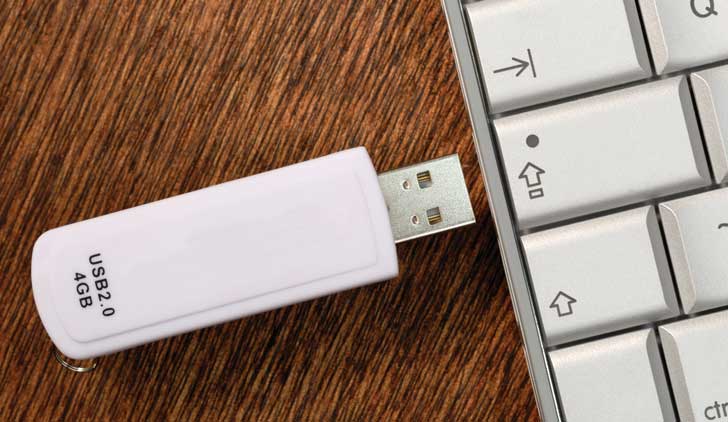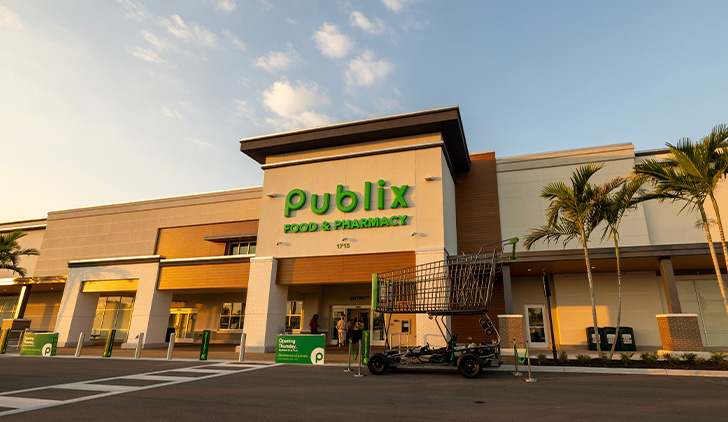
Did you know your cell phone is considered a USB storage device when it’s plugged into a Publix computer? Even if you’re only charging your phone, it could transfer proprietary information or infect a computer with a virus.
USB storage devices — also known as flash drives, thumb drives or memory sticks — are small, inexpensive portable storage devices. Because they’re readily obtainable, USB storage devices come with a greater risk they’ll be lost or stolen, spread malicious programs, reveal sensitive information or damage equipment.
We all have a role to play in protecting ourselves and Publix from cybercrime and identity theft. Follow these tips to keep Publix’s information safe.
- Never connect a non-approved USB storage device to any Publix computer. You could potentially transfer a virus to the computer or transfer corporate data to the device.
- Store the USB storage device in a secure location, or connect it to a lanyard or keychain when traveling.
- Never connect a USB storage device you found or were provided at a non-Publix conference to a Publix computer.
“It’s your responsibility to protect Publix property and safeguard sensitive information,” said Information Technology Delivery Manager of Security Assurance Rick Rampolla. “By focusing on prevention, you can keep your personal — and our company’s sensitive — information secure.”
Protect your and Publix’s sensitive information
Take action to protect information
If you think you unintentionally or someone else inappropriately shared proprietary information, contact the Computer Incident Response Team (CIRT). CIRT responds to calls related to suspicious activities affecting our computer systems. The team investigates incidents and coordinates with other departments to limit the impact of the incidents.
Contact CIRT by calling the Publix Compliance and Ethics hotline at 1-866-747-3773 or sending an email to cirt@publix.com. Phone lines are open 24/7. All information can remain anonymous.
Did you know?
- Computerworld surveyed 100 dry cleaners and reported 4,500 USB storage devices are left in clothing each year.
- A survey of taxi companies found 12,500 USB storage devices are left in the back of taxi cabs each year.
- One of the most common tactics by criminals is to leave unattended USB storage devices in or around a targeted organization in hopes of infecting computers and stealing sensitive data.
- The Department of Homeland Security conducted a test during which they dropped computer discs and USB storage devices in the parking lots of government buildings and private contractors. Sixty percent of people who picked up the devices plugged them into office computers.


